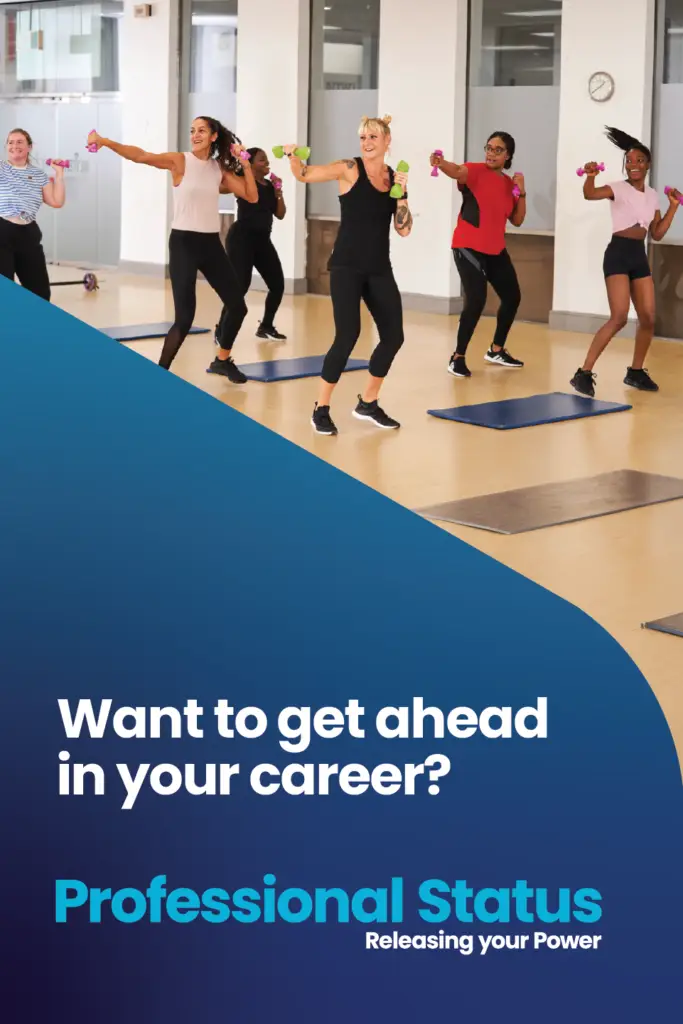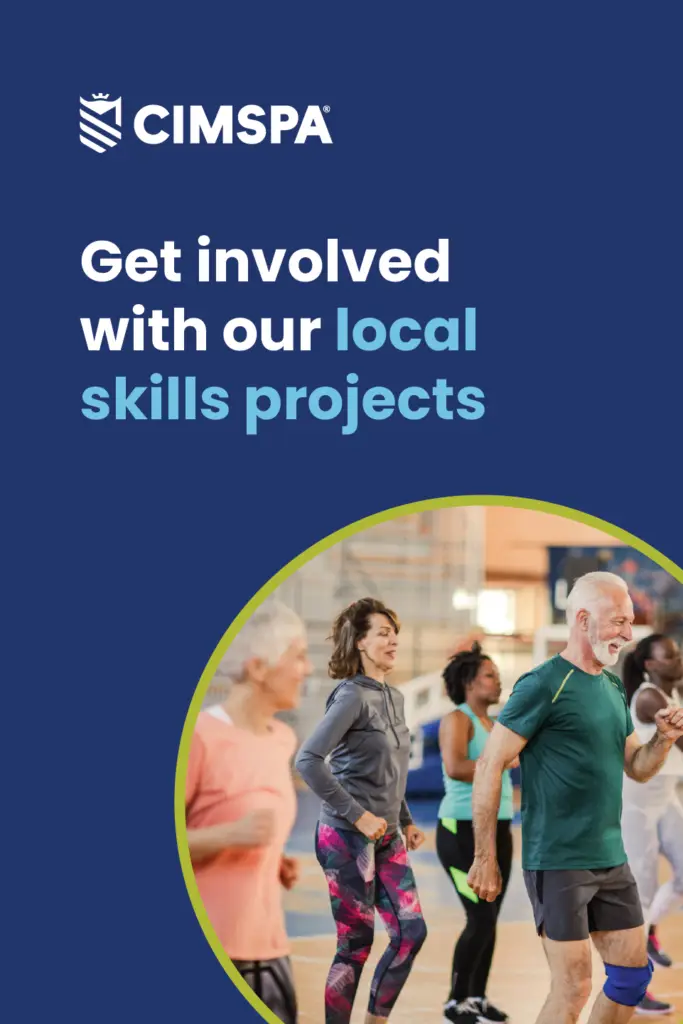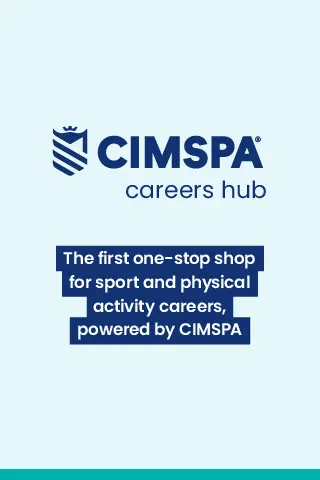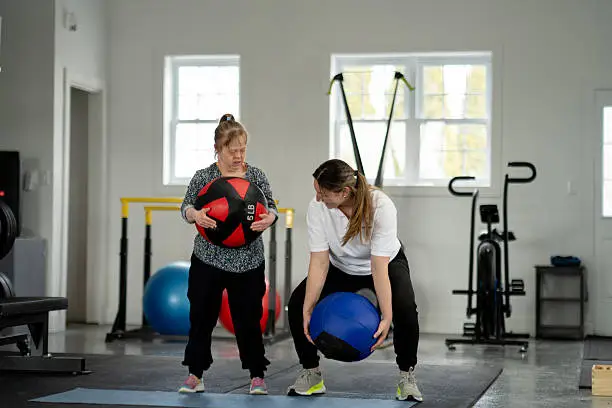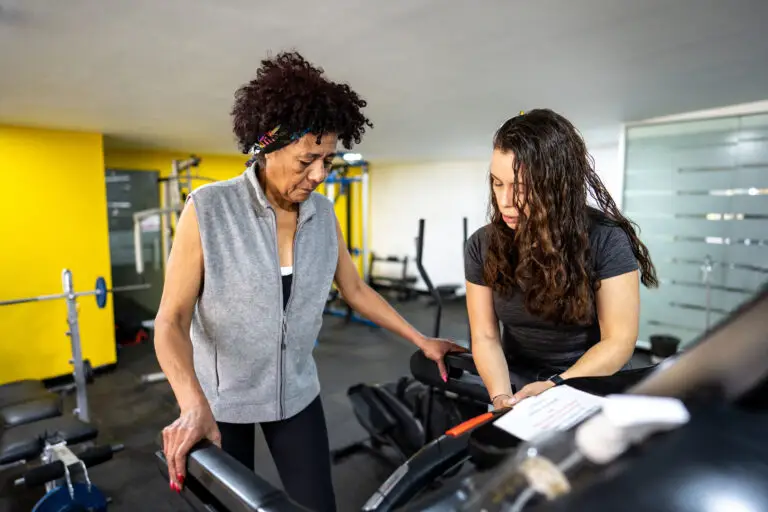Coaching autistic clients in sport
Strong Path CIC and AT-Autism pilot brand new initiative
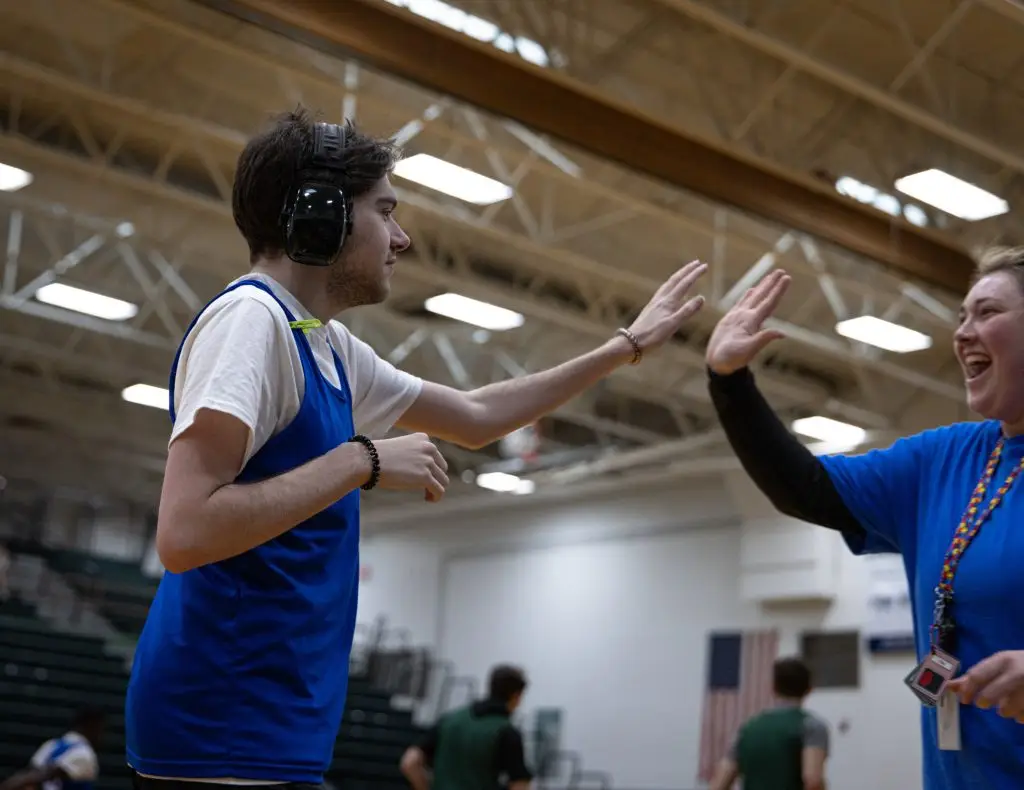
Southampton Solent University have taken part in a new initiative which sees Strong Path CIC and AT-Autism pilot their newly developed ‘Coaching Autistic Clients in Sport’ course to students and course leaders.
Autism is a lifelong neurodivergence and disability that influences how people experience and interact with the world. According to the National Autistic Society, there are at least 700,000 autistic adults and children in the UK, with the actual number likely to be much higher.
Based in Hampshire, Strong Path CIC work to provide a safe, inclusive space for neurodiverse individuals and others who find traditional gym environments overwhelming. Working hand-in-hand with AT-Autism, a national and international training and consultancy organisation who aim to improve the lives of autistic people, they co-designed the Coaching Autistic Clients Through Sport course with input from autistic and non-autistic coaches and clients.
James Dewar-Haggart, Founder of Strong Path CIC, discussed the development of the new course:
“One of the things that I knew was really important when I started writing it was getting some input from professionals that work in the sector.
“Dr Ruth Moyse, who is on the Board of Directors and Head of Training and Co-Production at AT-Autism, we agreed to design this course together.”
Breaking down barriers to participation
Activity Alliance’s Annual Disability and Activity Survey 2023–24 highlights that only 43% of disabled people feel they have the chance to be as active as they desire, compared to 69% of non-disabled people.
Whilst environment is one factor to break down barriers to participation, people sit at the heart of solution. Building the right environment gets participants to arrive, but it’s coaches, it’s people, that get them to engage and keep turning up again and again. And if you have coaches that are trained to understand the population group that they are working with, this becomes a powerful tool. Ruth Moyse, Director at AT-Autism, explains:
“People make the difference. What is our attitude and behaviour towards autistic people? What have we done to make them feel welcome? We can make the difference between someone turning up for a class or not and continuing to attend or never going back. It’s our job to help them feel understood, safe and accepted, and that this is somewhere they can belong.”
Sport England Active Lives data notes that children and young people with a disability or long-term condition are equally likely to be as active as those without one. However, this changes with adulthood, with only 48% of adults with a disability or long-term condition being regularly active compared to 69% of adults without one.
Noting the participation challenges, James discusses the importance of the course:
“The stats are really quite scary. We know that there are huge barriers to autistic people accessing sport and fitness facilities. I think as a society, we really need to think about reducing barriers to the community. Sport and fitness play a really vital role in that – it’s really apparent that a course like this is what’s needed right now.”
Collaborating with higher education
Coaching Autistic Clients in Sport is endorsed by CIMSPA and is mapped against the Working Inclusively – Working with Disabled People professional standard. On gaining the endorsement, Strong Path CIC and AT-Autism were keen to start rolling this out to prospective learners, with a focus on higher education students.
After reaching out to CIMSPA’s education team, Southampton Solent University in Hampshire became the first institution to express an interest in the new learning opportunity.
Studies show that autistic students are more likely to drop out of university or interrupt their studies than any other group. According to the North East Autism Society, 36% of autistic undergraduate students who enrolled in 2019 did not complete their degree after three years, the highest percentage of any disability group.
Taking place over their Continuing Professional Development (CPD) Week in October, Southampton Solent University undergraduate students, masters students and faculty staff from sport and physical activity-related courses are the first to experience this new CIMSPA-endorsed product. Through it, they learn how to communicate through a sport coaching lens, as well as an educator lens.
Understanding neurodivergence
The course runs over two days, offering face-to-face training. The content promotes inclusive practice across all sports through a better understanding and acceptance of autistic differences, reflecting on current practices and how to provide appropriate support to meet individual needs.
The first day comprises theory work, in which learners were introduced to the definition of autism as well as the science and psychology around it. The aim of this day was to understand what learners already knew about the condition, and to challenge common misconceptions. James touched on the importance of this part:
“Everyone meets autistic people all the time but perhaps don’t realise that they are autistic.
“One of the most common misconceptions is that an autistic person is very different from a neurotypical person, which isn’t true. They might have stronger traits, but actually we are the same, and we all grew up in similar environments.
“The perception of what autism is and what it actually is are very different. It’s important on the first day that we start gently challenging some of these notions, explaining a neurotype and how it can be so different for so many people.”
Ruth adds:
“Another misconception is that autistic people are ‘broken’ or ‘disordered’ and that it’s our job to ‘fix’ them. This is a harmful narrative for what is essentially a different way of thinking. The course helps people reflect and reframe their perspective in a way that is positive for the autistic person and the coach.”
Putting theory into practice
The second day of the course is where the coaching element comes in. Learners are encouraged to utilise what they had learnt the day before and apply it into their coaching practice.
One part of the course even involves an activity called ‘coaching in the dark’, which encourages learners to think deeply about how clear their communication is. The activity involves half of the learners putting on blindfolds, whilst the other half of the group are tasked with teaching those who are visually impaired different movement patterns used in sport. It’s easy to take for granted the simplicity of visually showing somebody a movement, but this task urges learners to really think about if they are explaining a skill or pattern well enough for participants of all abilities.
Setting yourself apart
At the end of the two-day course, learners received 10 CPD points as well as an additional qualification alongside their endorsed degree. This means that upon graduation, the undergraduate students who took part in this opportunity will be working towards an Advanced Practitioner professional status.
Taking part in this course will also give the learners the skills and knowledge to coach autistic participants with confidence, ultimately giving the participants the experience that they deserve. Course leaders will also be able to utilise the skills they have learnt through this CPD in their teaching roles to support students who have different learning styles and needs.
Joe is an undergraduate student at Southampton Solent University on a CIMSPA-endorsed course who explains how this course will support him with his own lived experiences:
“Being autistic myself, I sort of knew what I had struggled with within my life, but now I know how to help others who are maybe more on the autism spectrum or struggle with different needs.
“I want to be a personal trainer. This course has taught me the SPELL framework which I think will be really important for my career. It’s such a simple concept, which is great for someone who is themselves autistic as it’s a clear, simple structure which will help me plan for all sorts of situations.
“We’re still learning about autism. There are more and more people getting diagnosed. When I was diagnosed, I was told that whilst I may not feel as smart as my friends in subjects such as physics, I’m smarter in other ways. For instance, I love sport, and that’s where I’m smart. That’s what we need to look at more; everyone has their strengths.
“Sport allows me to talk to others who are similarly minded. It helps me learn different social cues – I can get on the same page as everyone and raise my own ceiling socially and academically.”
Dr Dominic Cunliffe, Southampton Solent University Deputy Dean (Education), School of Health and Sport, touched on the importance of CPD sessions such as these:
“Southampton Solent University is an inclusive university with a rich and diverse student and staff community. As a School of Health and Sport, we believe it is really important to help break down barriers to participation in sport and physical activity.
Our attendees learnt a great deal from the course, and it has given them increased confidence and a new skill set for working with autistic participants.”
James optimistically reflects on the group and how the course will influence their future coaching practice:
“There was a willingness to learn, which was great to see.
“I think that a lot of the time people do want to help and want to open things up to people to improve their lives, especially if you’re a coach – they just need to learn the correct practices.
One of the main things about coaching is that you want to bring something positive to someone, you want to help improve their skills. And with that in mind, once you explain the issues and creating better environments and coaching practices, people tend to buy into that quite quickly.”





